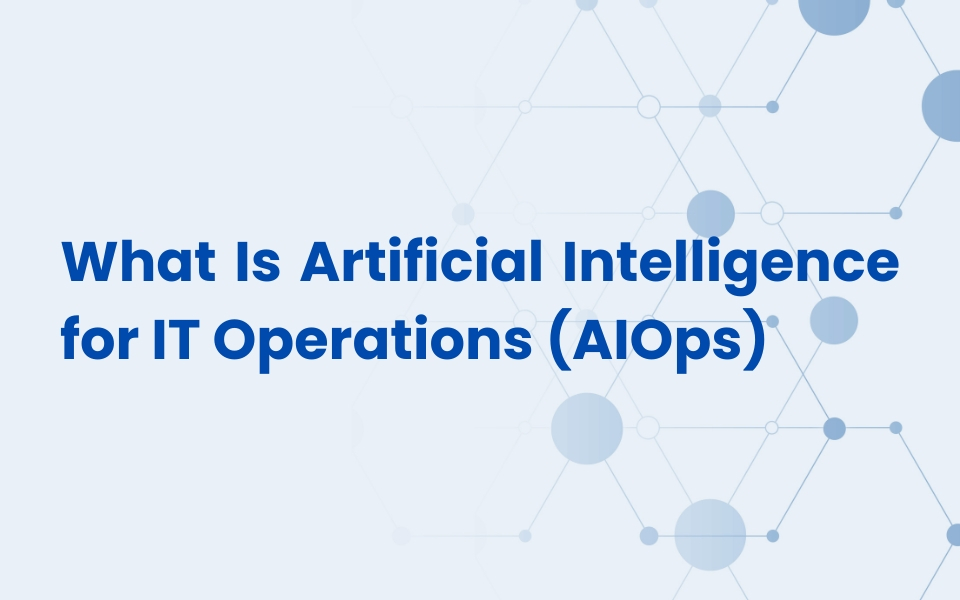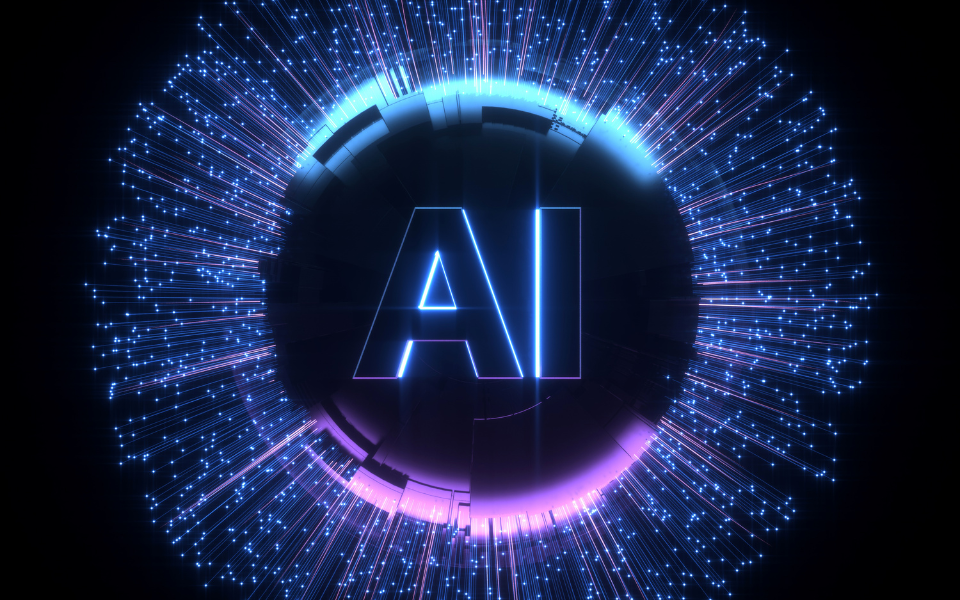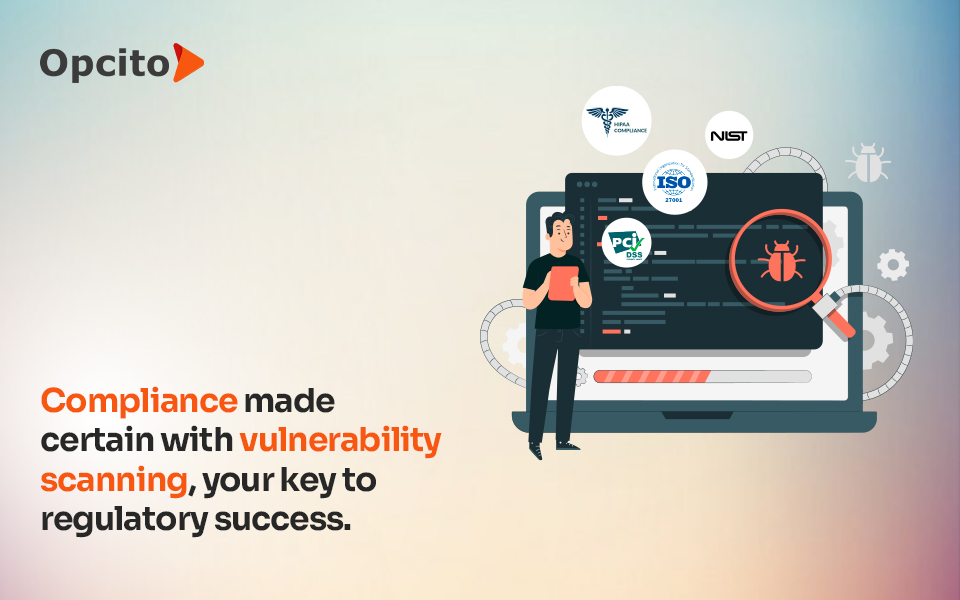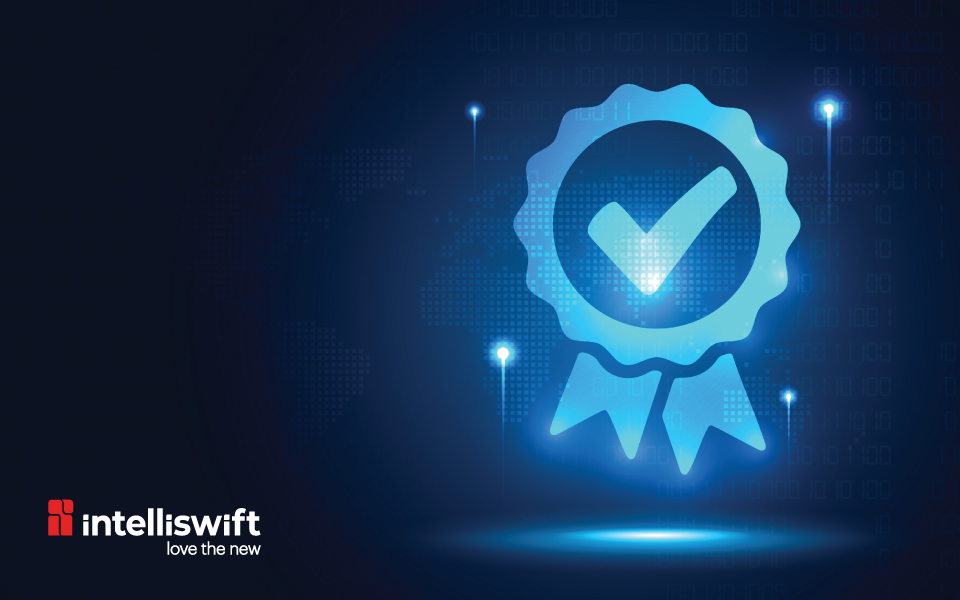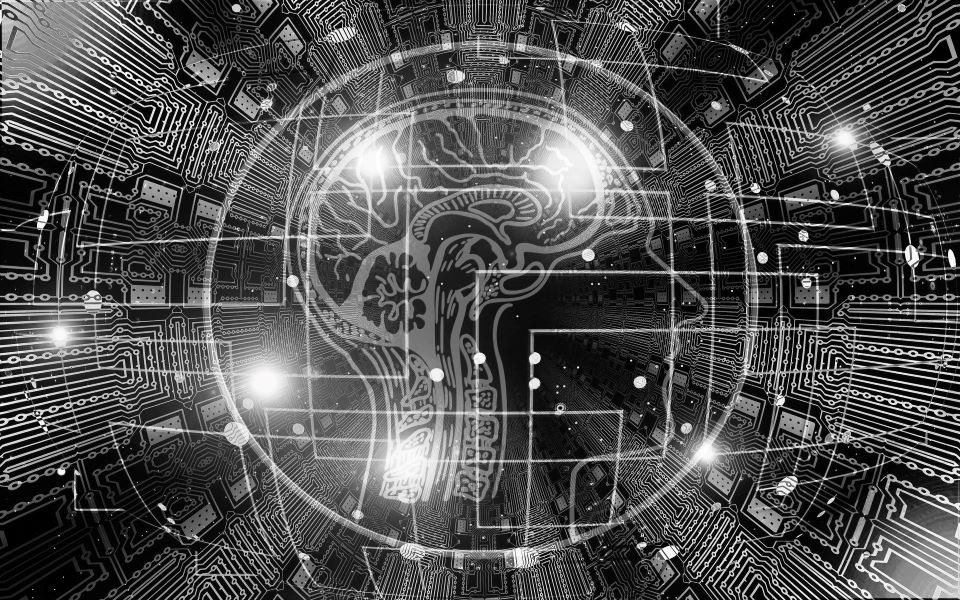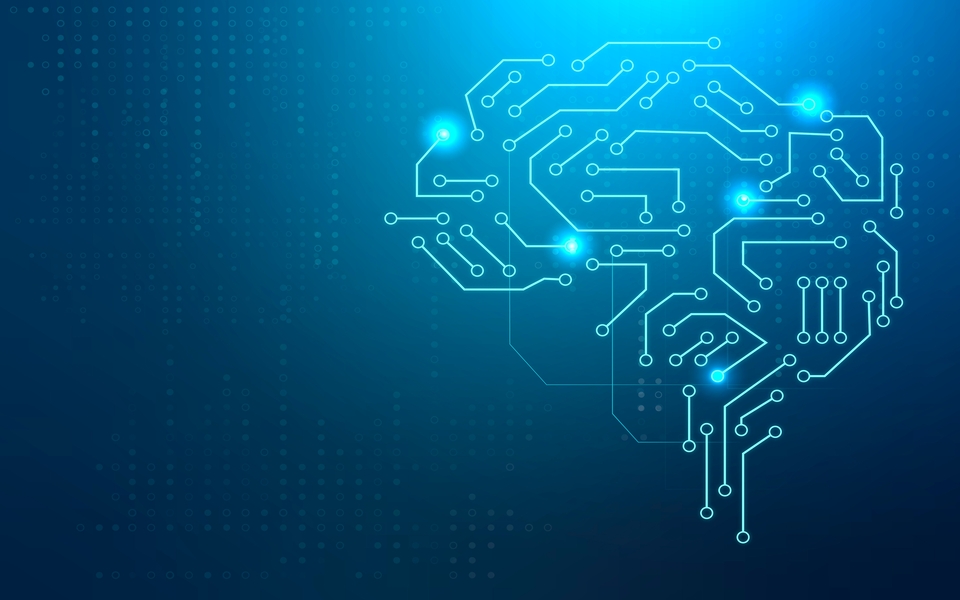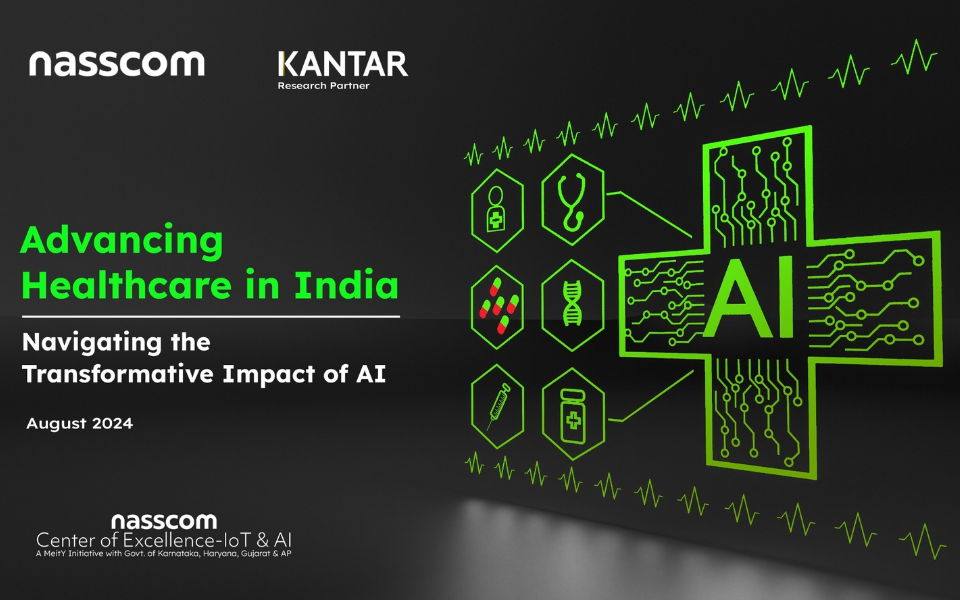AIOps is reshaping IT industry, as the advanced tech eliminates manual processing and effectively automates IT operations. Managing large IT infrastructure and data with manual processes becomes challenging, but Artificial Intelligence for IT Operations (AIOps) can organize it with tech automation. Managing IT operational processes and the complexity of modern data environments efficaciously includes identifying and resolving data issues in real-time.
AI is offering significant applications and opportunities in Information Technology. This blog focuses on what AIOps is, its use cases, and its advantages. Let’s start and know the emergence of Artificial Intelligence in IT Operations.
What is AIOps?
AIOps is a multilayered platform that collects data from different sources, such as IT Operations Management (ITOM) and IT Service Management (ITSM), to streamline IT workflow and operations. It combines big data and machine learning to automate the processes. Also, it includes AI’s capabilities, which tally the current large database, figure out issues, and provide resolutions in real-time. The tech will predict future problems and solutions to prevent risk-causing factors later.
Key Things to Know About AIOps
- Integration of AI paved the way for automation and enhanced efficiency.
- The repetitive and time-consuming tasks are automated.
- The valuable human resources have time to focus on more strategic and creative endeavors.
- Analyze complex databases, observe the patterns, and make predictions to empower IT business processes.
- Helpful to make the right decisions and act proactively.
- The AI-powered security system identifies potential risks and anomalies to respond to abnormal attacks.
- AIOps has the potential to grant seamless customer experiences in the IT industry.
Most IT experts are considering AIOps because the demand is only increasing, and every business is focused on the same digital transformation initiatives.
Benefits of AIOps
AIOps offers many leverages to IT Sector, through which businesses can enhance efficiency, drive focus to creative tasks, develop effective plans, and much more. The key benefits of opting AIOps are-
1. Proactive Resolution of Complex Issues in Real-Time
AIOps works on machine learning algorithms, which identify anomalies, threats, and patterns in real time. Using advanced techs, the IT teams address potential issues before any complexity occurs. It predicts future threats by analyzing vast data streams and minimizes service disruptions to streamline operational speed and reliability.
2. Improved IT Operation Efficiency
AIOps majorly improvise operations through automation and resource allocation. It automates regular repetitive tasks, frees time, and allows one to focus on other strategic, innovative plans. AI integration in IT Operations improves efficiency, cost-effectiveness, and productivity, increasing the operational tasks' effectiveness.
3. Quick Response Rate
AIOps facilitate identifying and addressing threats immediately to IT professionals in real-time. It deeply works on incident root-cause analysis, find out its source, and react with prompt resolutions. It quickens the process of error identification, lessens resolution time consumption, and offers seamless user experiences.
4. Enhanced User-Experiences
AIOps enables businesses to proactively monitor every operation, productivity, and performance of their applications & services. Real-time monitoring of all the functions instantly identifies risk-causing factors and threats, and the technology intimidates professionals to react to issues with optimum resolution suggestions. This is how companies can manage problems before anything serious happens and improve user experiences.
5. Empowers Decision-Making
Artificial Intelligence in IT Operations acts with big data and machine learning, which analyze huge databases. It cross-verify every dataset entry and file to observe the performance tracking insights. After data has been analyzed deeply, the artificial intelligence bots will instantly address IT leaders about malware and risk-causing factors. The real-time information to professionals allows them to fix problems and make the right decisions to empower the work process.
6. Predictive Analytics
AIOps enables bots to analyze vast amounts of data and understand their patterns. The tech-based advancements will immediately address the potential issues and threats to IT professionals so that they look into the risks and resolve them with the given suggestions. The professionals are responsible for immediately analyzing the predictive risks, doing bug-fixing, identifying the problems, and improving real-time performance.
7. Cost-Effective Operations
The technologies involved in artificial intelligence cut operational costs in several ways. It helps automate routine tasks, reduce manual work processes, save labor costs, etc. Additionally, the advancements will predict future risk incidents and potential damages or threats to reputation to manage operations for resolutions seamlessly. Meanwhile, the savings will help save resources and maintain overall IT operations efficiently.
Use-Cases of AIOps
After gaining a strong grasp of AIOps's benefits, it is important to consider some use cases.
1. Reduced IT Noise
First, to understand the reduction, we introduce “IT Noise.” IT Noise is the false and unnecessary notifications and alerts that hamper IT professionals' productivity. Even more, it becomes a barrier between professionals and real issues. Because of the non-essential alerts, the IT professionals cannot figure out the exact issues happening in the system behind. It results in a waste of time and resources.
The huge datasets in the IT environment generate uncountable false alerts, therefore, most often, IT professionals ignore those alerts. Sometimes the serious issues are ignored in the back end, resulting in costly system downtimes. AIOps use AI and Machine Learning to collect and correlate the data with the systems. It accesses the datasets, find out the root cause of anomalies, and saves time & energy of manual analysis.
2. Predictive Analysis and Anomaly Detection
The DevOps team is responsible for identifying faults and anomalies in the IT infrastructure whenever a user reverts to a horrible user experience. It is a very quick manual process to find and fix the bugs. Meanwhile, due to the complex large data systems, it is difficult for the DevOps team to figure out the issue immediately, resulting in less effective task completion.
AIOps tools use artificial intelligence, deep learning, and machine learning, which evaluate and compare real-time performance with past performance to identify potential anomalies. The tools automatically alert the IT experts about anomalies while comparing the performances. It enables the team to proactively address and resolve potential issues in real-time, leading to seamless user experiences.
3. Root Cause Analytics
Instead of resolving the problem from its surface, AIOps research in depth to find the root cause of potential issues. Modern large data sets are very complex and time-consuming to analyze. The advanced tech-based AIOps will detect the anomalies and correlate the events happening in the back end to determine the root cause of the lack of performance. The artificial intelligence involved in AIOps will automate the process of risks, threats, and anomalies detection, find the primary cause of issues, and then respond to the IT Professionals with some resolving suggestions to quickly and efficiently fix the bugs.
4. Event Correlation and Real-Time Alerts
Numerous IT management tools are in use, which notify with many alerts. Unfortunately, a handful of alerts are useful, and others are pointless. Due to such a heavy count of baseless alerts, IT Professionals often ignore some serious threats and risks.
AIOps collect and cross-verify all the alerts with data, groups, and IT production functions. The algorithms find out the relations of the alerts with IT operations to ignore the unnecessary alerts and determine to consider serious issues that cause subject incidents. The tech also provides some prominent revolutionary suggestions for quick fixations.
5. Automation
The operations team works with manual processes and tools to resolve the datasets. When the datasets grow gradually, IT professionals also need help managing everything through manual processes. The large data turns much more extensive, and the manual management costs more eventually. AIOps utilize machine learning, which automates the manual process through technology. AI-Powered mobile app solutions understand past and current patterns, the potential issues and then suggest the best approaches to IT professionals. Fundamentally, AIOps automate the entire process from doing the analytics, performance evaluation, identifying the threats, and suggest with potential resolutions to streamline IT operations.
Future of AIOps
AIOps opens up the door to vast-scale opportunities in IT Industry. It is a source to expand the business and implement AI-Powered technology in uninformed organizations. There are a number of enterprises that are embracing their digitization through advanced technology.
The AIOps Platform is projected to grow USD 11.7 Billion in 2023. Also, it is expected to reach USD 32.4 Billion in 2028 at a CAGR of 22.7%.
The stats showcase how vast AIOps will spread in the IT Industry. Technology has emerged as the solution in IT Operations, and human intelligence and automated algorithms are ready to provide full visibility and scalability to enterprises. Integrating artificial intelligence in IT operations means stepping into the future technology now.
Key Takeaways
Our systems are continuously growing in complexity. IT Operations need help with countless malware, large datasets, and management processes. Artificial Intelligence in IT Operations (AIOps) is constantly leveling up operations through automation, anomaly detection, and prompt suggestions for potential risk prevention. So here you can greaten up the digital success at lower operational cost by AIOps and match the advanced tech today for vast business growth.




